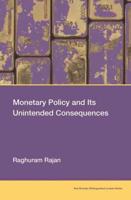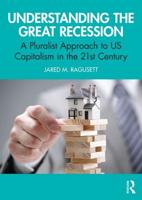Publisher's Synopsis
The United States has once again entered into a period of large external imbalances. This time the current account deficit, at nearly 6 percent of GDP in 2004, is much larger than in the last episode, when the deficit peaked at about 3.5 percent of GDP in 1987. Moreover, the deficit is on track to become substantially larger over the next several years. This study examines whether the large and growing current account deficit is a problem, and if so, how the problem can be solved. A central policy conclusion of this study is that it is increasingly important that the United States reduce its external current account deficit. This deficit is no longer benign as it arguably was in the late 1990s when it was financing high investment instead of high consumption and large government dissaving.









